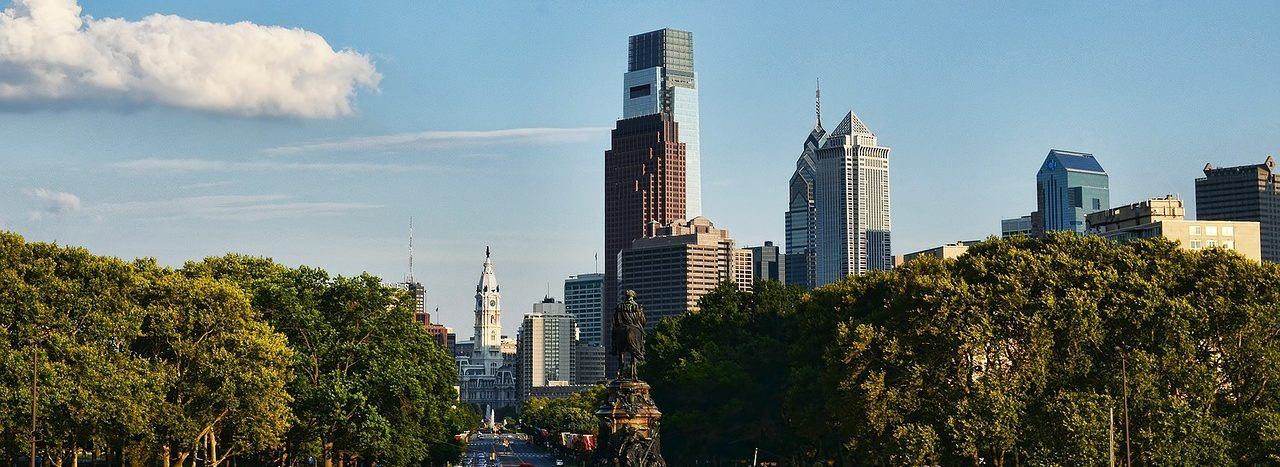Despite the growing legalization of cannabis across the United States, many cities continue to prohibit cannabis delivery services. This ongoing restriction stems from a complex interplay of local autonomy, legal ambiguities, and public safety concerns.
Local Autonomy and Regulatory Power
One of the primary reasons for the prohibition of cannabis delivery in certain municipalities is the emphasis on local control. Even in states where cannabis is legal, local governments often retain the authority to regulate or ban cannabis-related activities within their jurisdictions. For example, in California, while the state permits cannabis delivery, cities like Riverside County have enacted ordinances prohibiting such services.
This local autonomy allows municipalities to tailor cannabis regulations to their specific community standards and concerns. However, it also leads to a fragmented regulatory landscape where neighboring cities might have vastly different rules regarding cannabis delivery.
Legal Ambiguities and Conflicts
The legal status of cannabis delivery is further complicated by conflicting interpretations of state laws. In California, the Bureau of Cannabis Control issued regulations in 2019 allowing licensed cannabis businesses to deliver products statewide, even into jurisdictions that had banned retail sales. This move was met with resistance from several cities, leading to lawsuits challenging the state’s authority and asserting local control over cannabis activities.
Such legal disputes create uncertainty for cannabis businesses and consumers alike, often resulting in a cautious approach where delivery services are limited or halted to avoid potential legal repercussions.
Public Safety and Community Concerns
Public safety concerns also play a significant role in the decision to ban cannabis delivery. Municipalities worry about the potential for increased crime, impaired driving, and the difficulty of enforcing age restrictions with home deliveries. Additionally, there are fears that delivery services could inadvertently provide easier access to cannabis for minors or contribute to the proliferation of unlicensed and unregulated products.
These concerns often lead local governments to err on the side of caution, opting to prohibit delivery services until more robust regulatory frameworks and enforcement mechanisms are in place.
Implications for Consumers and the Industry
The prohibition of cannabis delivery in certain cities has significant implications for both consumers and the cannabis industry. Consumers in areas without delivery options may face challenges in accessing legal cannabis products, potentially turning to unregulated sources. For the industry, these bans limit market reach and growth opportunities, particularly for businesses that rely on delivery services to serve customers in areas without brick-and-mortar dispensaries.
Final Thoughts
The continued ban on cannabis delivery in many U.S. cities underscores the complexities of cannabis regulation in a landscape marked by varying local, state, and federal laws. Balancing local autonomy with the need for consistent access to legal cannabis products remains a challenge. As the industry evolves and more data becomes available on the impacts of delivery services, municipalities may reconsider their positions, potentially leading to a more unified approach to cannabis delivery across the country.

